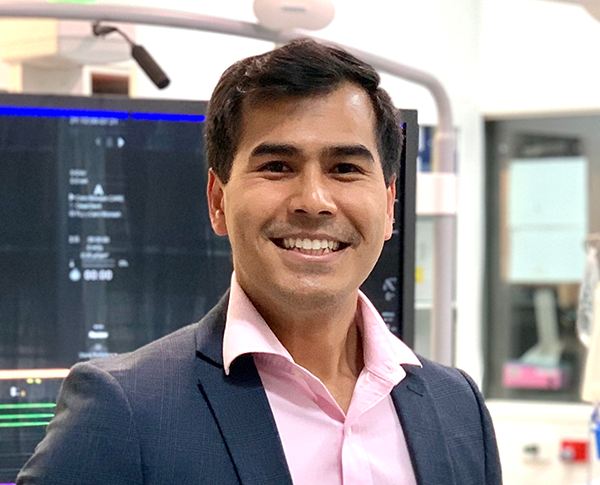10th Winner | 2023
Hashrul Rashid, MD
St. Thomas Hospital, UK / Monash University, Australia
Dr. Hashrul Rashid is a leading young scientist with exceptional achievements in many fields, such as publications, awards, and activities. Not only did he publish 40 research articles, mainly as the first author in his early career, but he was also involved in hundreds of TAVR and thousands of PCI and coronary procedures as a fellow.
With his continued contribution to TCTAP since 2016, we are delighted to highlight his excellent achievements and research and introduce him as the 10th winner of the Best Young Scientist Award. We look forward to celebrating his distinguished career and achievements in the coming years and rooting for his journey by his side.
PAST RECIPIENTS
10th Winner | 2023
Hashrul Rashid, MD
St. Thomas Hospital, UK / Monash University, Australia
9th Winner | 2022
Haoyu Wang, MD
Fuwai Hospital, China
8th Winner | 2021
Yi Xu, BM, PhD
The First Affiliated Hospital of Jinan University, China
7th Winner | 2019
Jeehoon Kang, MD
Seoul National University Hospital, Korea (Republic of)
6th Winner | 2018
Ho Lam, MD
Tuen Mun Hospital, Hong Kong, China
5th Winner | 2017
Babu Ezhumalai, MD
Fortis Malar Hospital, India
4th Winner | 2016
Alfonso Ielasi, MD
IRCCS Ospedale Galeazzi Sant'Ambrogio, Italy
3rd Winner | 2015
I-Ming Chen, MD
Taipei Veterans General Hospital, Taiwan
2nd Winner | 2014
Yusuke Watanabe, MD
Teikyo University Hospital, Japan
1st Winner | 2013
Nikos Werner, MD
Heart Center Trier, Germany

